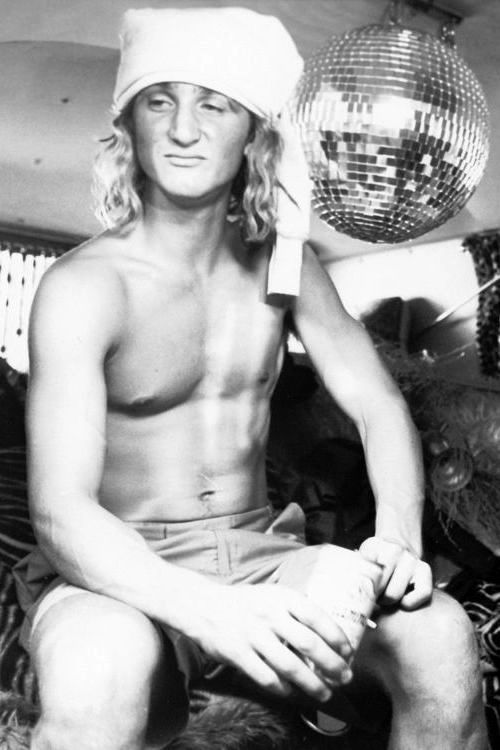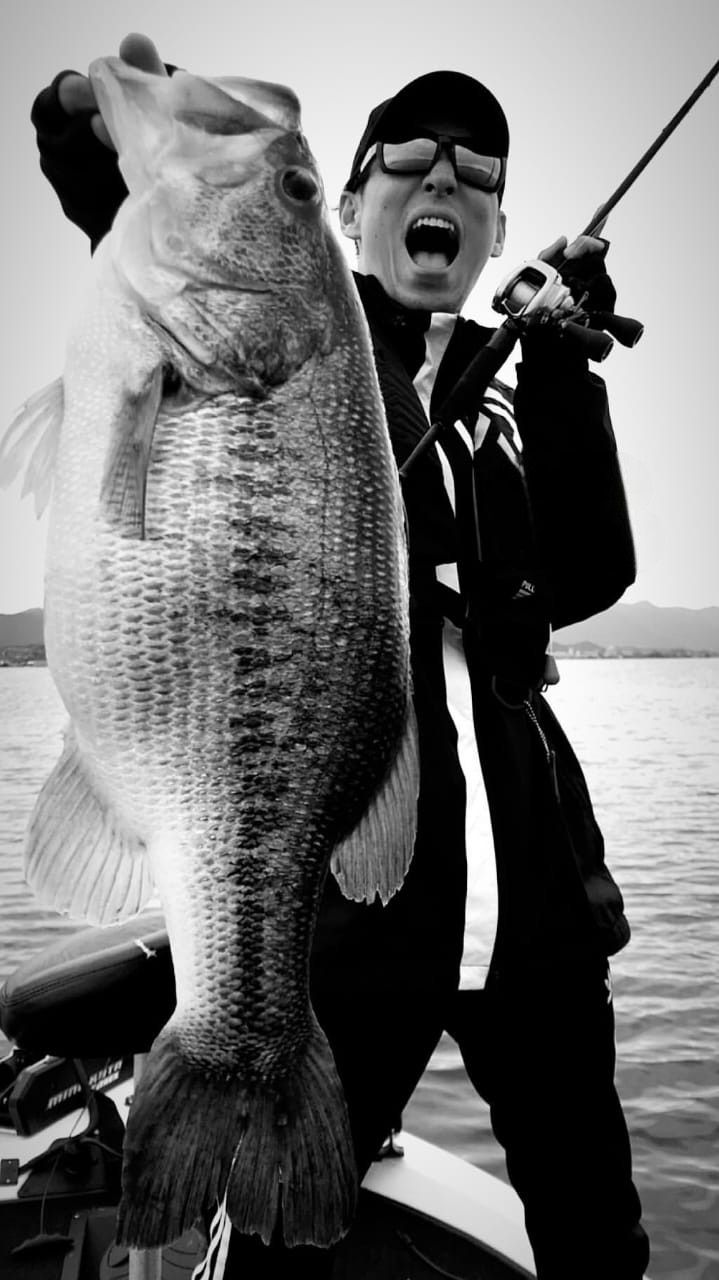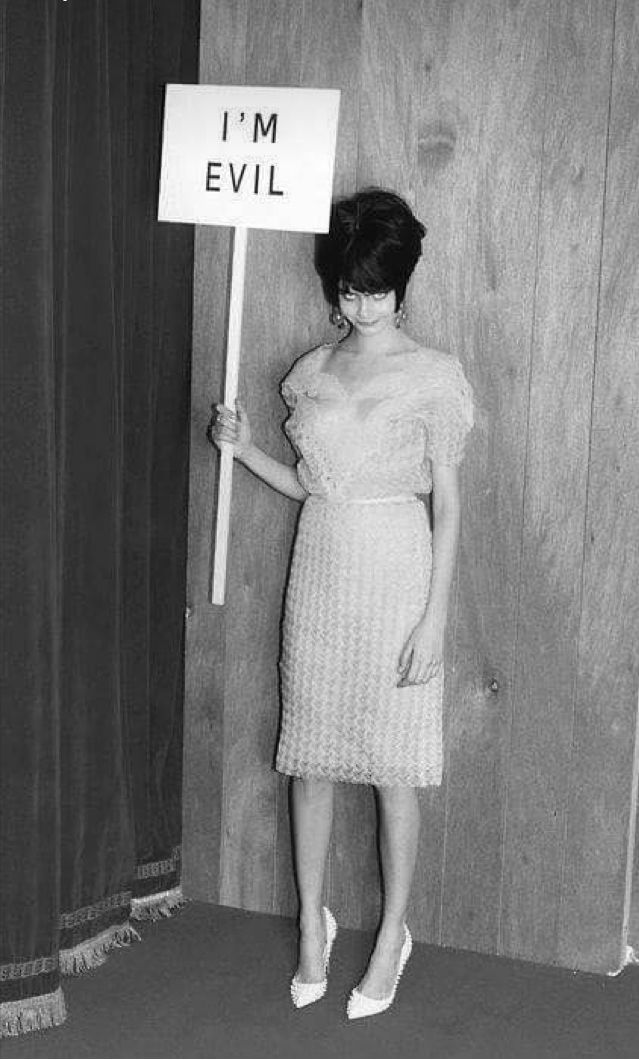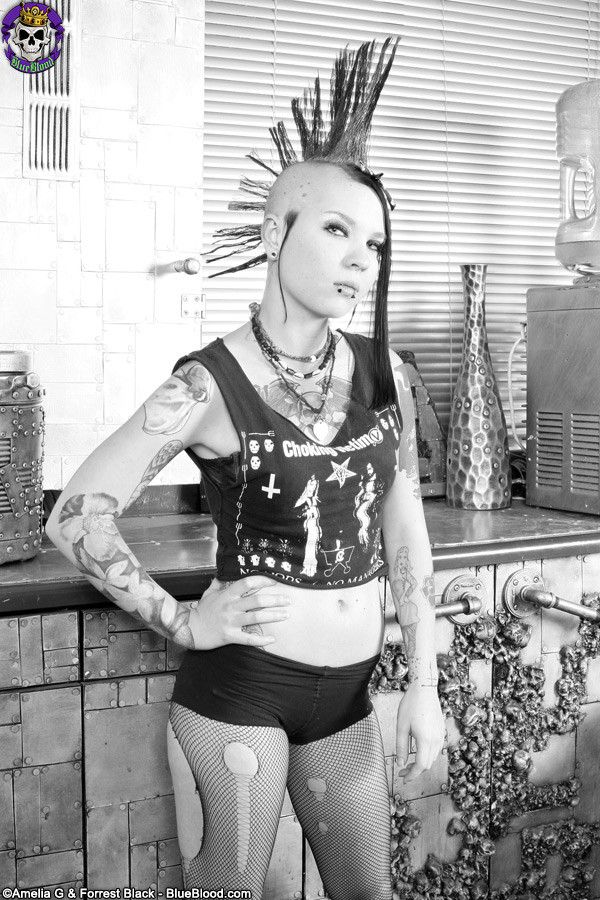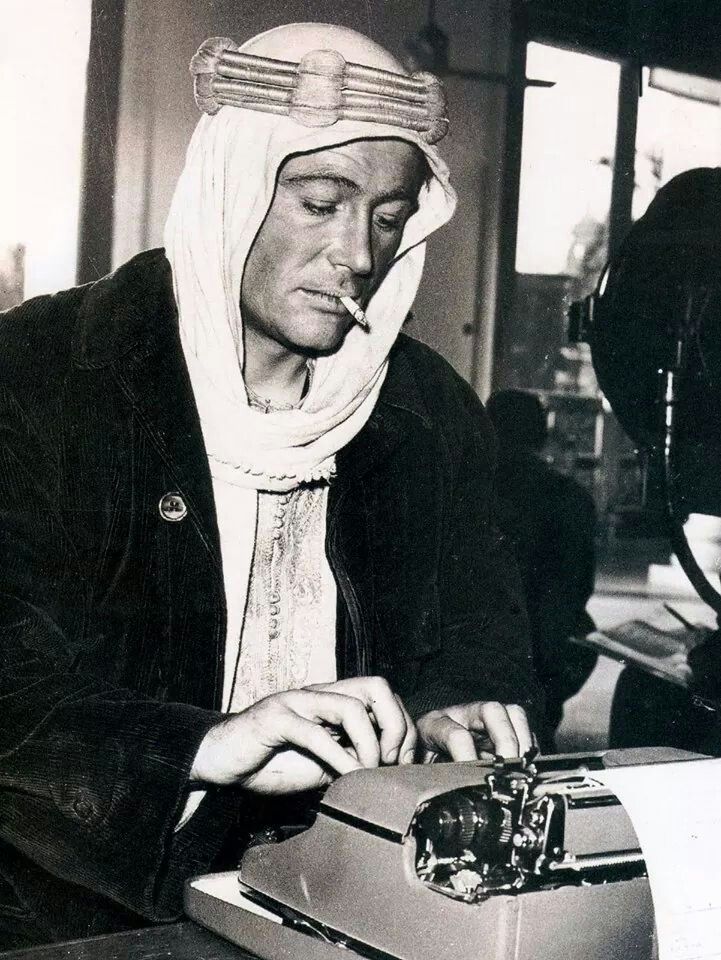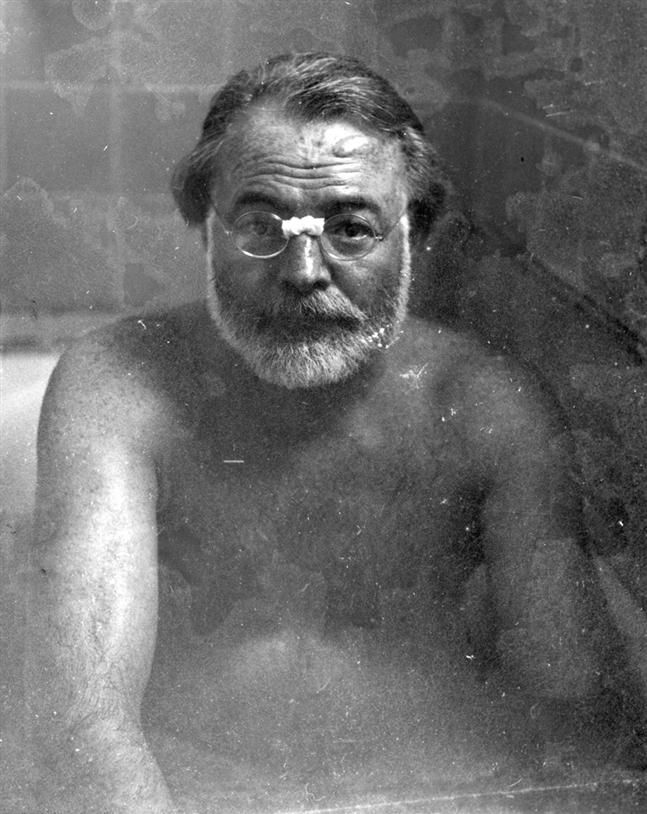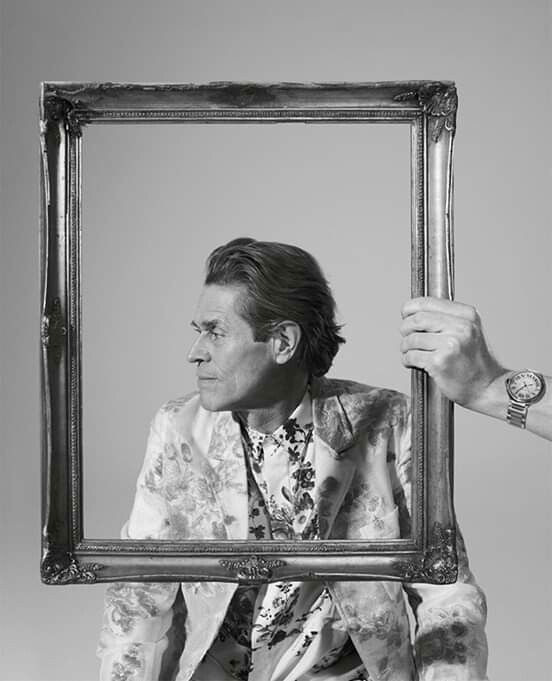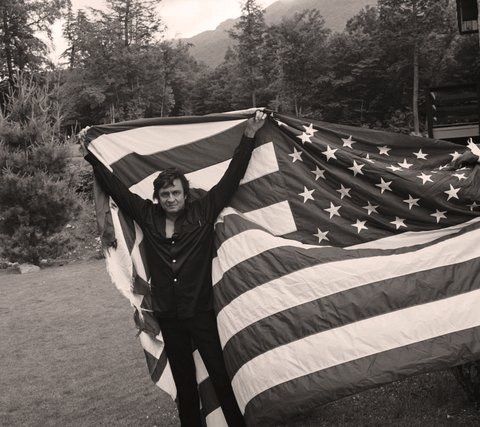The Morning of Cheerleader
I was 15, the surfer-boy type. Tall, broad shoulders, sun-bleached hair. Cerritos, California, wasn’t exactly a beach town, but it didn’t stop me from carrying the vibe. I didn’t believe in girlfriends. Too much drama. Too much commitment. But that didn’t stop them from trying. I had offers—plenty of them. Most girls wanted what they couldn’t have, and apparently, I was that.
I went to Artesia High School in Lakewood. The usual place for the usual suburban kids, all trying to look cooler than they actually were. Parties were a rite of passage, and I wasn’t about to miss the one that night. My father had strict rules, and his wife was even stricter—more like a warden than a stepmother. But rules were meant to be broken.
That night, I opened the screen on my bedroom window, careful not to make a sound. I tipped-toed across the yard, hopped on my skateboard, and pushed off into the night. The air felt alive, buzzing with possibilities. Pills and a small hit of acid had my head swimming in slow motion by the time I got to the party.
She was there. The head cheerleader. The one who’d been chasing me for months. Good-looking girl—everyone thought so—but I’d kept my distance, playing the cool game. Tonight was different. Maybe it was the acid, or maybe I just didn’t care anymore. We ended up in a corner, away from the chaos of the party, doing the things two hormone-driven teenagers do when nobody’s watching.
The night blurred after that. I don’t remember leaving the party, just riding my skateboard back home, the wheels humming under me as the streetlights streaked like comets. Somehow, I made it back through the same window, sliding into the warmth of my bed. My heart raced, my head spun, but the sheets felt like clouds. I drifted off, the world still vibrating in strange colors.
Morning came too fast.
The sun cut through my blinds, harsh and unforgiving. My head was a mess, still floating somewhere between reality and whatever trip the acid had taken me on. Before I could gather myself, my bedroom door flew open with a bang. My father stood there, his face set like granite. Behind him, his wife hovered, her eyes gleaming with a kind of sick excitement.
“Come with me,” my father said, his voice firm and cold.
I didn’t have time to argue. I threw on my button-fly jeans, still shirtless, and followed him. My brain scrambled for excuses. Maybe they’d caught me sneaking out. Maybe the neighbors had said something. I was already rehearsing my apology, ready to spin the whole thing into something harmless.
As we walked through the house, his wife practically skipped behind us, giddy like a kid on Christmas morning. Her smugness crawled under my skin, but I kept quiet. I figured I was in enough trouble as it was.
We reached the front door, and my father swung it open. I stepped outside, and my stomach dropped.
The front yard was a disaster. High school banners were scattered across the grass, bright and bold, with messages like “I Love Jim” and “Jim, You’re the Best!” Some of them were taped to the stucco walls of the house, flapping slightly in the morning breeze.
I stood there, frozen, trying to make sense of it. This wasn’t about me sneaking out. This was something else entirely.
Before I could speak, a convertible VW Rabbit zipped past, packed with cheerleaders. They screamed and howled, waving their arms out the windows.
“I love you, Jim!”
“I love you!”
Their voices echoed down the street as they disappeared around the corner.
I turned back to the house, my mind reeling. My father’s face was a mix of anger and something else—something I couldn’t quite place.
“You’re lucky they didn’t use anything permanent,” he snapped. “Now go clean it up!”
He stormed back inside without another word.
His wife lingered, leaning in close as I stood there, still trying to process everything.
Her voice was syrupy sweet, laced with venom.
“My son would get more and better women than you.”
She smirked, then skipped back into the house like she’d just delivered the punchline of the century.
I stood there, barefoot in the yard, staring at the banners and the taped-up signs. My head still buzzed from the acid, making everything feel surreal, like a dream I couldn’t wake up from.
This wasn’t about the cheerleaders or the banners or even the party. This was about something deeper, something twisted. My father’s anger felt forced, like he was playing a part, performing for her. Her words stung, but more than that, they lingered.
I started pulling the signs off the stucco, one by one. The tape left faint marks on the wall, but nothing permanent. She’d made sure to point that out, as if the house mattered more than anything else.
I thought about the night before, the cheerleader, the way she looked at me like I was the only thing that mattered. And then I thought about my father, his wife, their perfect little life built on rules and control.
As I cleaned up the yard, my mind wandered. Was this jealousy? Insecurity? Some kind of power play? I didn’t have the answers, but the questions stayed with me.
Later, as I sat on the edge of my bed, I replayed the scene in my head. The banners, the cheerleaders, her words. My father’s silence.
I realized then that it wasn’t just about me. It was about him, too. His wife controlled him, manipulated him, twisted him into someone unrecognizable. Maybe he saw something in me—a spark of independence, a freedom he’d lost long ago. And maybe that scared him.
Her words echoed in my mind:
“My son would get more and better women than you.”
It wasn’t about women. It was about control. About power. About making sure I knew my place.
But I wouldn’t give her that satisfaction.
I stayed quiet for the rest of the day, my thoughts running in circles. The acid had worn off, but the surreal feeling lingered. That morning had scarred itself into my memory, not because of the cheerleaders or the banners, but because of what it revealed about my father and his wife.
They weren’t just parents. They were people. Flawed, broken, struggling in their own ways. And in that moment, I realized I couldn’t rely on them to define me.
I would clean up the mess, but I wouldn’t clean up for them.
I would move forward, but I wouldn’t follow their path.
And as I lay in bed that night, staring at the ceiling, I made a promise to myself:
I wouldn’t let anyone else’s expectations define me. Not hers. Not his. Not anyone’s.
The morning after wasn’t just a lesson.
It was the beginning of something new.
Something mine.
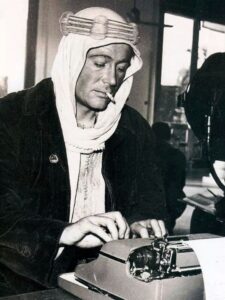
Finding God in the Checkout Line
You know my stance on the “masses.” I think they’re sheep. I think they’re asleep at the wheel, driving the whole goddamn country off a
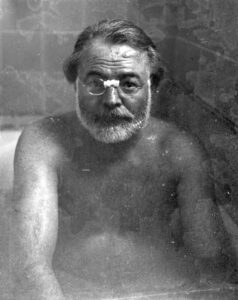
The 120 LiterCoffin
am fifty-seven years old. And I am currently performing a magic trick: I am compressing fifty-seven years of accumulated American junk—the trophies, the suits, the
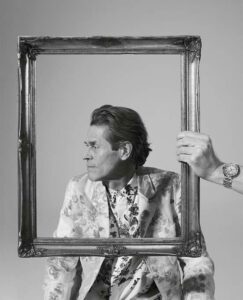
Repairing the Escape Pod
I spent forty years treating my body like a rental car I paid for with a stolen credit card. I poured whiskey into the gas
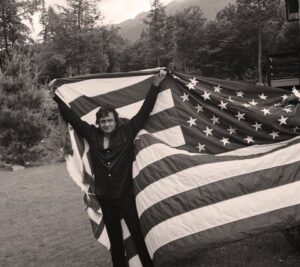
Throwing The American Dream in The Dumpster
You know what the heaviest thing in the world is? It isn’t concrete. It isn’t steel. It’s stuff. I spent twenty years collecting the trophies.

The Quiet Catch at Brush Creek
It was Brush Creek. High up in the Sierras, where the air is thin and the granite remembers everything. I was thirteen years old, standing
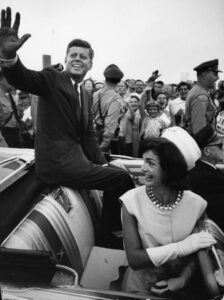
2025 Reflection
I’m leaning against the bar, looking at a reflection that finally stopped looking like a cautionary tale and started looking like a threat. I’m officially












